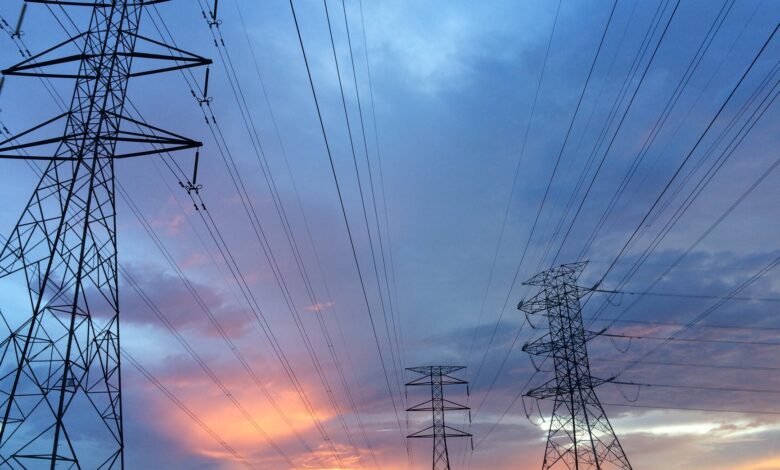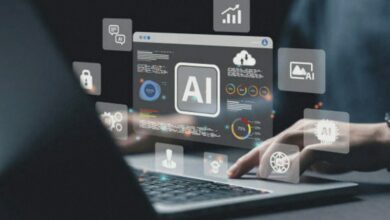Revolutionizing the Grid: The Role of Artificial Intelligence in Transforming Energy Systems for a Sustainable Future

The energy sector is undergoing an unprecedented transformation, marked by the digitization and increasing complexity of the power grid, driven by a surge in distributed, smart technologies and a shift towards renewable energy sources. This transformation, detailed in the Advanced Research Directions on AI for Energy’s report from the Winter 2023 workshops, identifies key challenges and the pivotal role of artificial intelligence (AI) in addressing these issues over the next decade.
One of the foremost challenges highlighted in the report is the necessity for proactive, real-time energy system operations. As the grid becomes inundated with smart devices and renewable sources, the need to manage this complexity efficiently is crucial. AI stands at the forefront of this challenge, with its ability to process and analyze massive volumes of data in real time, thereby enhancing the grid’s predictive capabilities and operational efficiency. This involves forecasting energy demands and potential generation fluctuations at both micro and macro levels, ensuring grid stability in an increasingly dynamic environment.
Another significant challenge is building resilient and secure energy systems that can withstand all hazards, including cyber threats and natural disasters. The aging infrastructure, coupled with the grid’s growing digital footprint, poses increased risks of disruptions. AI’s capacity to integrate data from diverse sources to predict and mitigate these disruptions is crucial. Advanced AI models can rapidly diagnose system impairments and initiate corrective measures, thereby bolstering the grid’s resilience and security.
The ambitious goal of achieving a 100% clean electricity grid by 2035 underpins the third major challenge. This target requires extensive deployment of renewable energy resources and significant advancements in grid management practices. AI can facilitate this transition by improving the accuracy of climate and weather forecasting, optimizing the integration of fluctuating renewable energies, and assisting in navigating the complex regulatory frameworks governing energy generation and distribution. AI can also streamline coordination among the myriad jurisdictions involved, enhancing the efficiency of planning and operational processes.
The recent technological advances that could revolutionize grid operations. Embedded AI, for example, is advancing the integration of real-time operational data with predictive analytics, crucial for managing the balance between supply and demand, especially with the variable nature of renewable energies. This integration is vital for maintaining grid stability as the energy mix becomes increasingly dominated by less predictable renewable sources.
Moreover, as the grid’s interconnectivity and reliance on digital technologies grow, so does the potential for cyber-attacks. AI’s ability to monitor, predict, and respond to these threats in real time is critical for maintaining grid integrity. The report suggests that AI not only plays a crucial role in actively defending against potential cyber threats but also in anticipating and neutralizing these threats before they can cause widespread damage.
Training and workforce development are also essential themes in the report, emphasizing the need for robust training programs to equip energy sector professionals with AI skills. This training is fundamental to ensure that the potential benefits of AI are fully realized, enhancing grid operations, planning, and security.
However, the deployment of AI technologies must be managed with caution to mitigate potential risks associated with privacy, data security, and the reliability of AI predictions. The report calls for ongoing research and collaboration among scientists, engineers, and policymakers to refine AI applications in energy, ensuring they are safe, effective, and beneficial.
In summary, the integration of AI into the power grid is a significant stride towards a more efficient, resilient, and clean energy future. The Advanced Research Directions on AI for Energy report from the Winter 2023 workshops provides a comprehensive exploration of the complexities of modern energy systems and the innovative AI-driven solutions that could shape the future of global energy consumption. This AI-centric approach promises to optimize the matching of generation with energy demands, facilitate the deployment of renewable energy sources, and enhance grid security, thereby playing a crucial role in achieving an equitable and sustainable energy future.
Related






